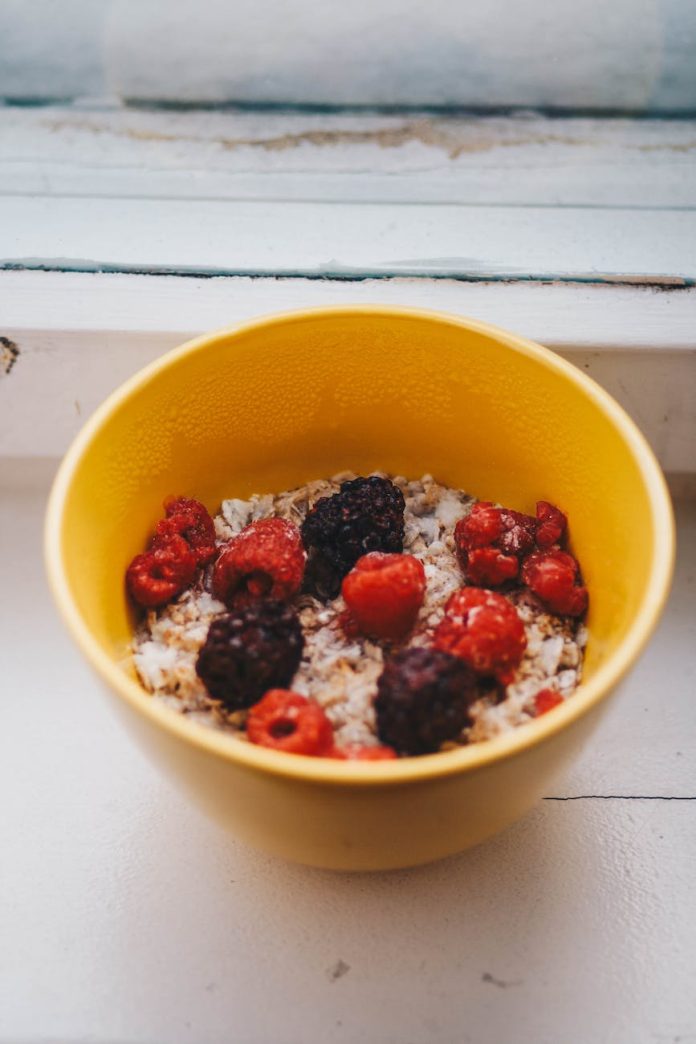Protein is often hailed as the king of nutrients when it comes to building muscles and burning fat. Its importance in the realm of fitness and nutrition cannot be overstated. Understanding the power of protein and how it can transform your body is essential for anyone looking to achieve their fitness goals. In this article, we will delve into the various aspects of protein and its role in muscle growth and fat loss.
The Role of Protein in Muscle Growth
Protein is the building block of muscles. When you engage in resistance training or any form of exercise that puts stress on your muscles, they undergo microscopic damage. Protein plays a vital role in repairing and rebuilding these damaged muscle tissues. Consuming an adequate amount of protein after a workout provides the necessary amino acids for muscle repair and growth.
Protein also stimulates the production of anabolic hormones, such as insulin and growth factors, which further support muscle growth. Additionally, protein helps increase muscle protein synthesis, which is the process by which your body builds new muscle proteins.
The Thermic Effect of Protein
Protein has a higher thermic effect compared to carbohydrates and fats. This means that your body burns more calories to digest, absorb, and process protein. The thermic effect of protein can increase your metabolic rate, leading to higher calorie expenditure. By incorporating protein-rich foods into your diet, you can effectively boost your metabolism and enhance fat burning.
Satiety and Appetite Control
Protein is highly satiating, meaning it keeps you feeling full and satisfied for longer periods. This can be beneficial for weight management as it helps control appetite and reduces the likelihood of overeating. Including protein in your meals and snacks can help curb cravings and prevent unnecessary snacking, ultimately aiding in fat loss.
Muscle Preservation during Weight Loss
When you are in a calorie deficit to lose weight, there is a risk of losing muscle mass along with fat. However, consuming adequate protein can help preserve muscle mass during weight loss. Protein provides the necessary amino acids to prevent muscle breakdown and promote muscle protein synthesis. This is crucial for maintaining a toned and muscular physique while shedding excess body fat.
Protein Sources and Recommendations
Protein can be obtained from various sources such as lean meats, poultry, fish, eggs, dairy products, legumes, and plant-based proteins like tofu and tempeh. It is recommended to consume around 0.8-1 gram of protein per pound of body weight for optimal muscle growth and fat loss. However, individual protein requirements may vary based on factors such as activity level, age, and overall health.
In conclusion, protein plays a crucial role in building muscles and burning fat. Its ability to support muscle growth, increase metabolic rate, control appetite, and preserve muscle mass during weight loss makes it a powerful nutrient. By incorporating protein-rich foods into your diet and meeting your daily protein requirements, you can harness the power of protein to transform your body and achieve your fitness goals.



